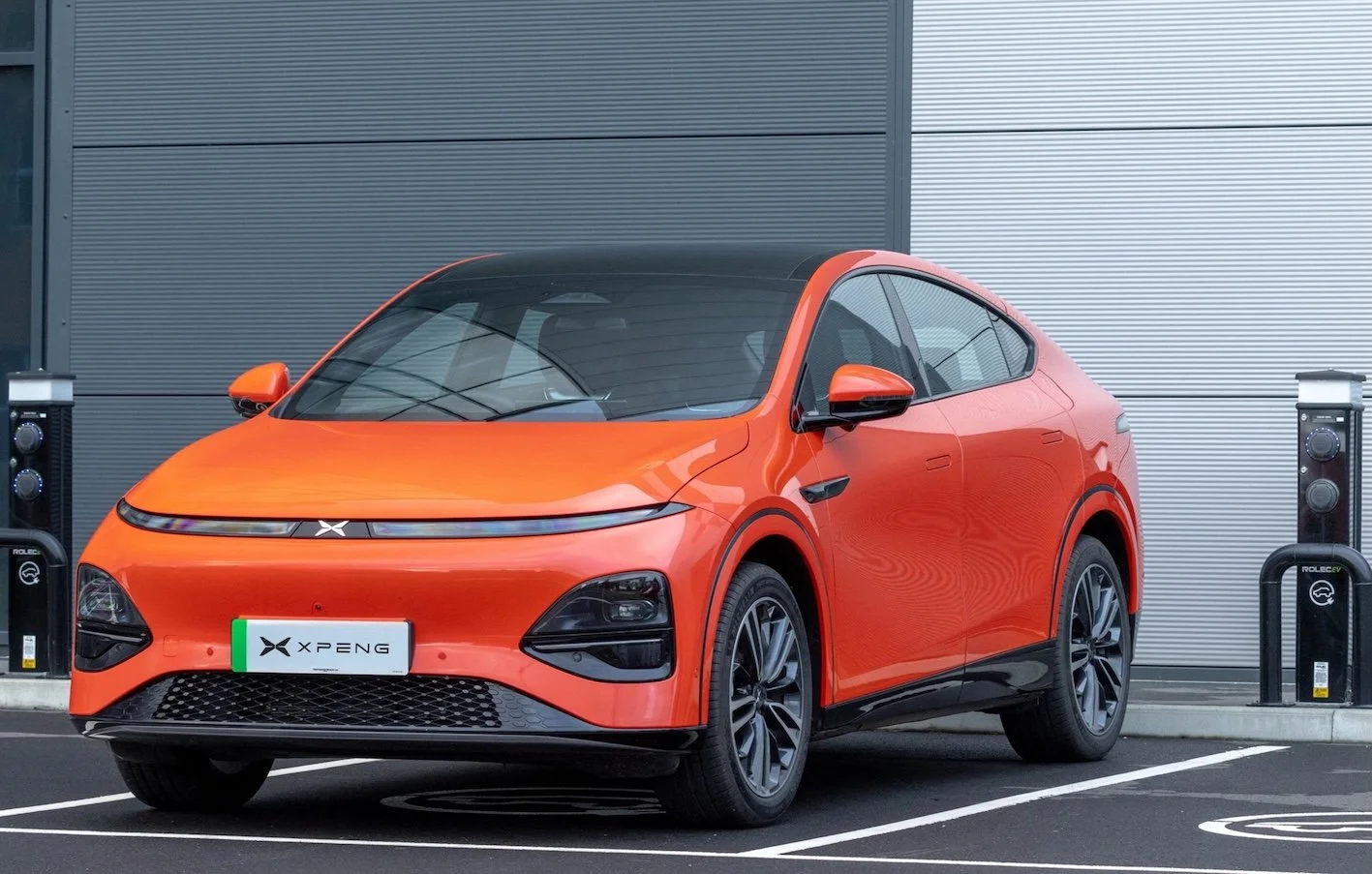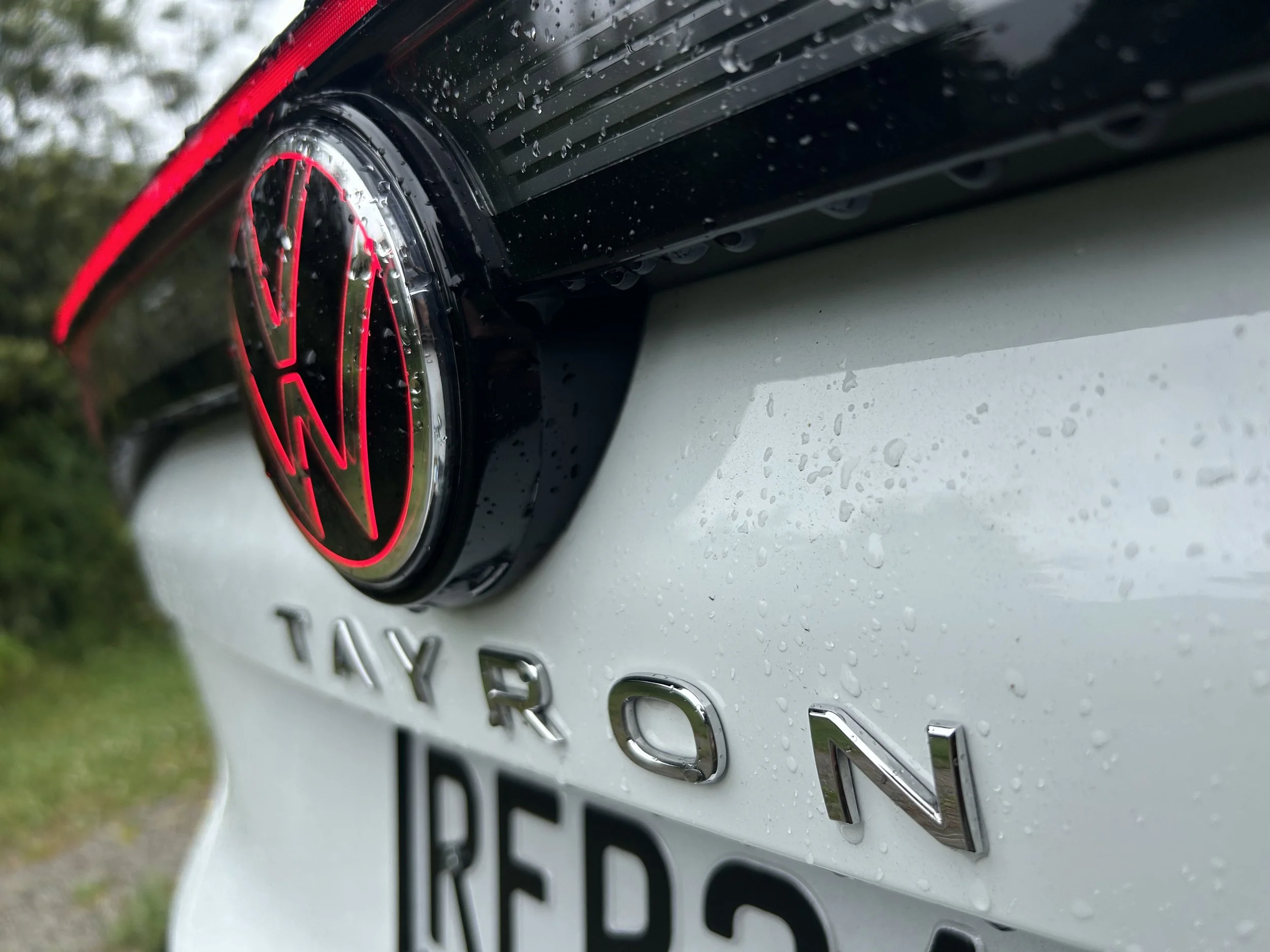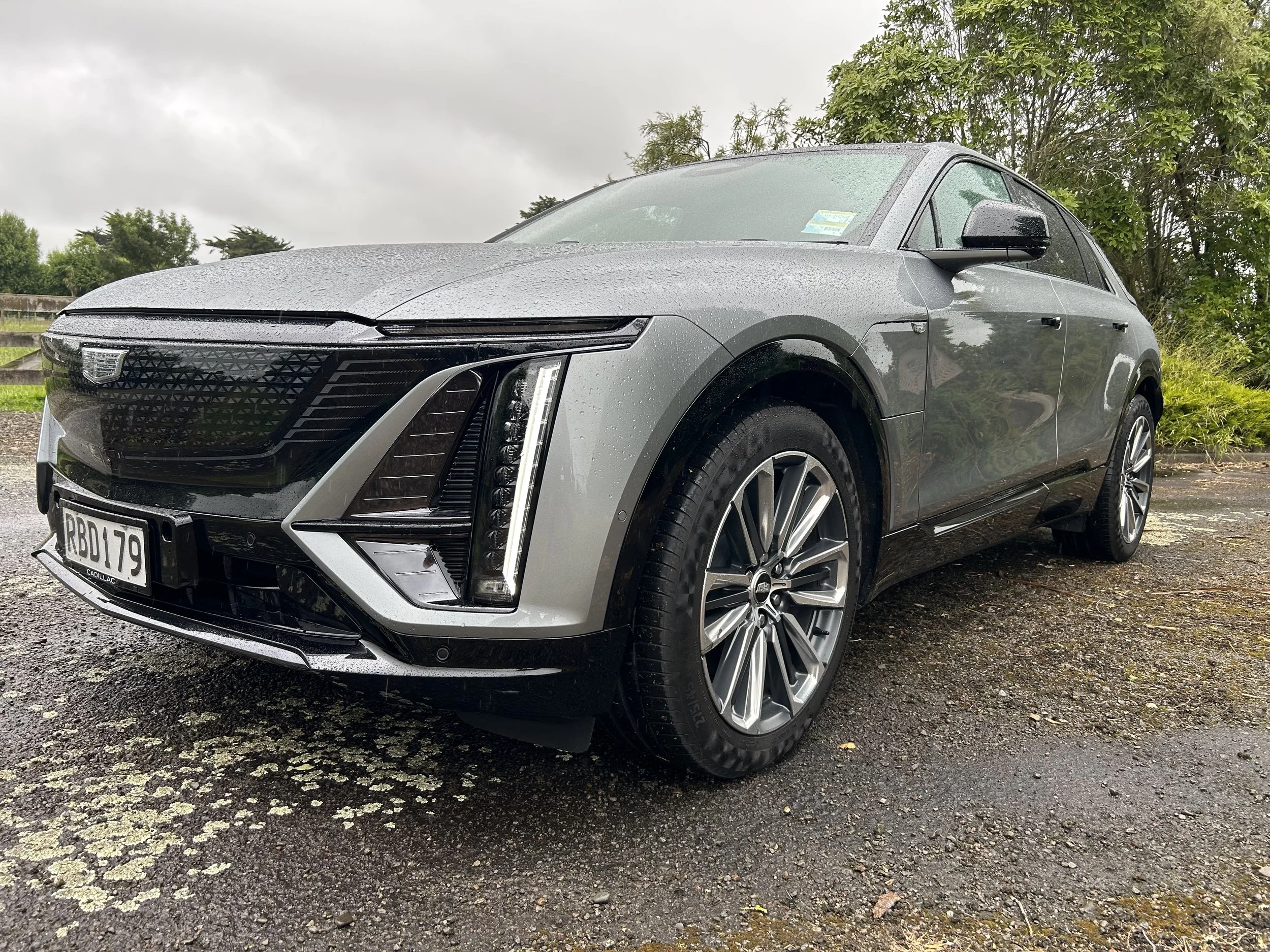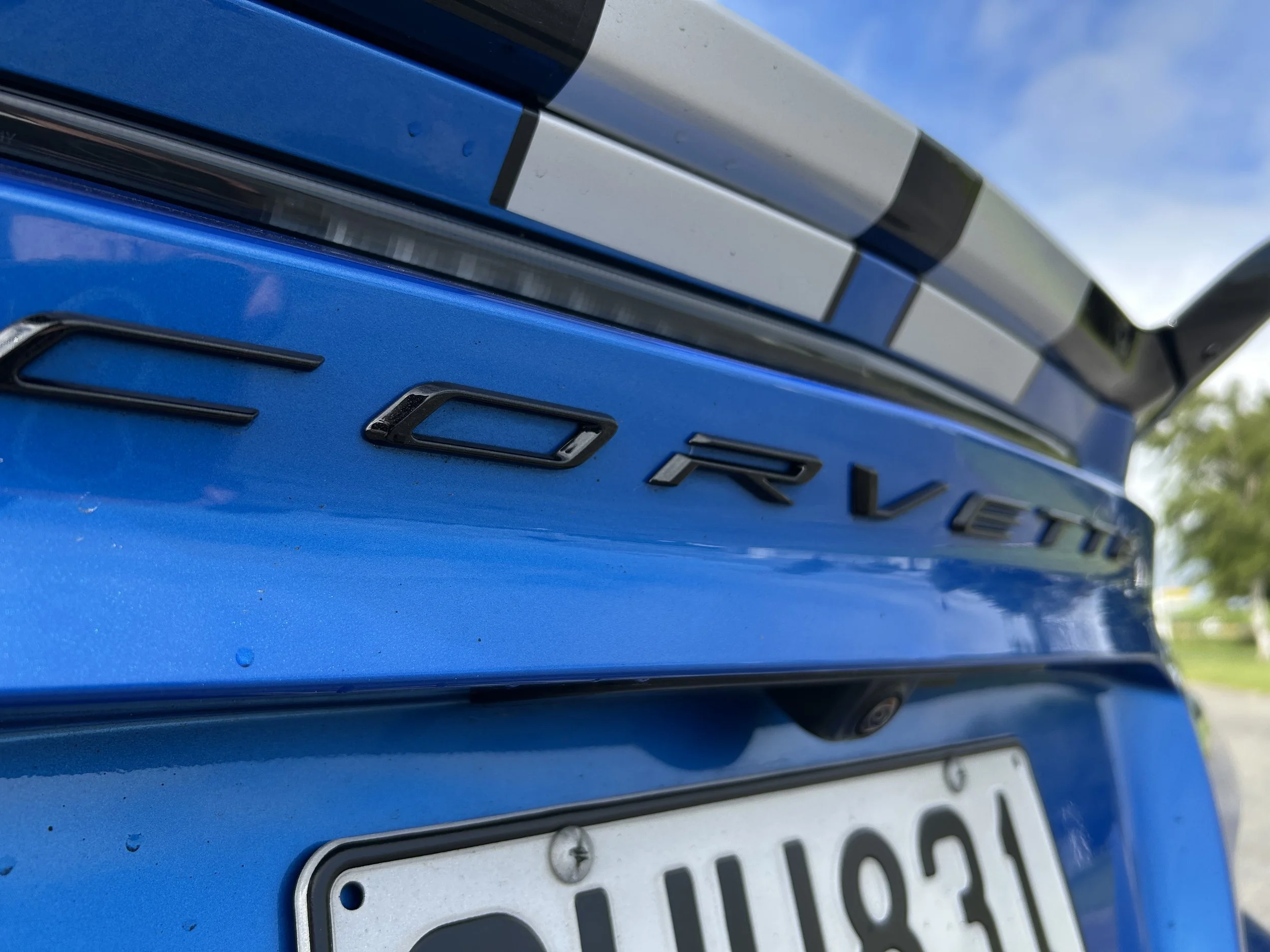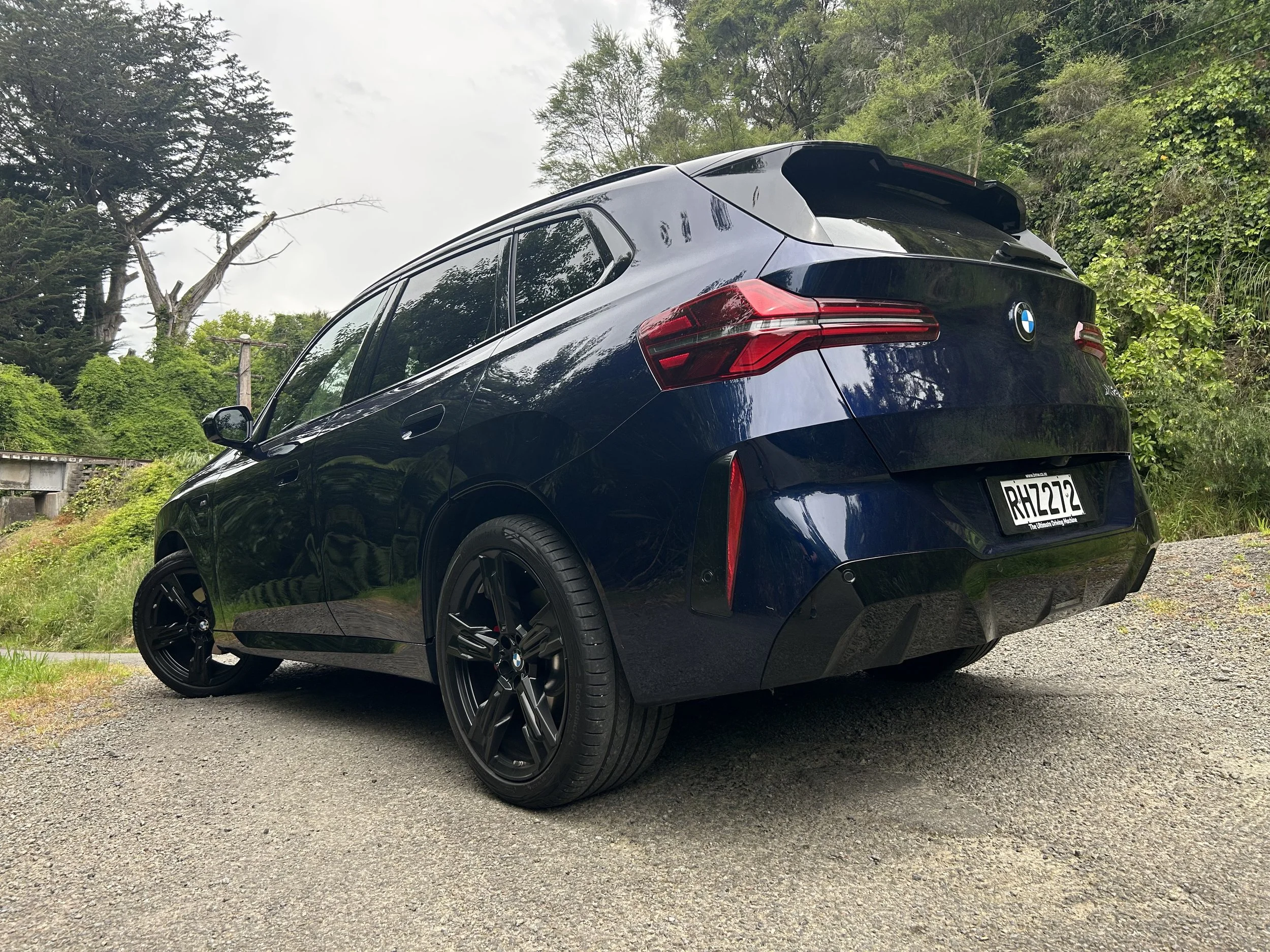BZ4x now mid-2023 at earliest for NZ
/Three-month manufacturing halt to remedy fault has also derailed TNZ’s launch schedule.
THE now-resolved quirk that literally knocked the wheels off Toyota’s first electric car, the BZ4x, means release in New Zealand this year won’t be realised.
It is now expected to go on sale next year, June seemingly the earliest, the customer cars being preceded by a sample that will tour Toyota dealerships from early 2023 to rev up interest.
A fortuitous outcome of the reschedule for the compact electric sports utility is that BZ4x might now show here around the same time as a Lexus spin-off, called the RZ.
Both, though, appear almost certain to be beaten to the market by another version under another branding – Subaru’s Solterra.
Toyota New Zealand head sales Steve Prangnell says he cannot give an exact launch timing, but says the car being held up by a manufacturing issue has had consequences.
“It’s pushed us back … it was due in the late part of the fourth quarter of this year but is now more likely in the second half of next year.”
Prangnell says there hasn’t been much customer reaction yet, but that’s not surprising, as whereas Subaru NZ has already run a brief television campaign for Solterra, TNZ has intentionally kept its plans low key.
“It’s not just the delay. We also know that capacity is going to be limited initially – the car has been launched in the US and in Japan, but right-hand drive capacity will be limited to start with.
“It will be a big launch for us when it comes, because it’s our first EV but for now we’re keeping the PR effort low.”
Prangnell is aware of criticism, mainly from electric vehicle owners who have taken it upon themselves to become technology campaigners, about Toyota not only being slow to embrace fully battery-driven cars but also overtly favouring non-mains replenished petrol-electric hybrids.
TNZ just takes that on the chin and offers no excuses. Says Prangnell: “Our strategy is different.
“Akio (Toyoda, Toyota’s big boss) has said that, at full capacity, we are going to commit about 35 percent of our production to EV. That’s three and a half million of the 10 million cars (produced annually).
“It’s going to take a few years to get to that. In the meantime we are doing hybrid. The stats support that hybrid is the right step to get to EV. Toyota has a global view; it sells cars in 200 countries … the majority of those countries do not support an EV infrastructure, but they can support hybrid.”
The BZ4x and Solterra being set to resume production from a common plant in Japan next week was announced by their makers just this week.
The manufacturing restart comes more than three months after a joint recall was issued following concerns the wheels could loosen and fall off.
The issue affected more than 4000 units – spilt between approximately 2700 Toyota BZ4x and 1600 Solterras – just eight weeks after the vehicles went on sale, though the campaign has so far only served product to Japan and to North America.
According to industry journal Automotive News, the issue stemmed from Toyota underestimating the instantaneous torque of an electric motor, combined with the extra weight of a battery pack.
It claimed Toyota was made aware of the issue following a report from Taiwan in late May, followed by two instances in the United States.
The report states the hub bolts attaching the wheels could become loose due to vigorous driving, such as “turning sharply or braking aggressively”.
“It is embarrassing to say that we had done various assessments, but we couldn’t detect this problem because we didn’t conduct the assessments based on a premise that the quality of wheels would be so off in the assessment process,” said Toyota's chief technology officer, Masahiko Maeda.
“We will respond firmly to regain trust in the safety of Toyota vehicles.”
To fix the issue, engineers have reportedly added a washer to the hub bolts.
The brand has also improved the friction of the wheel surface, which was initially “too rough with wide variances in processing quality.”
While it has yet to commence production, the issue also affected the Lexus RZ.








